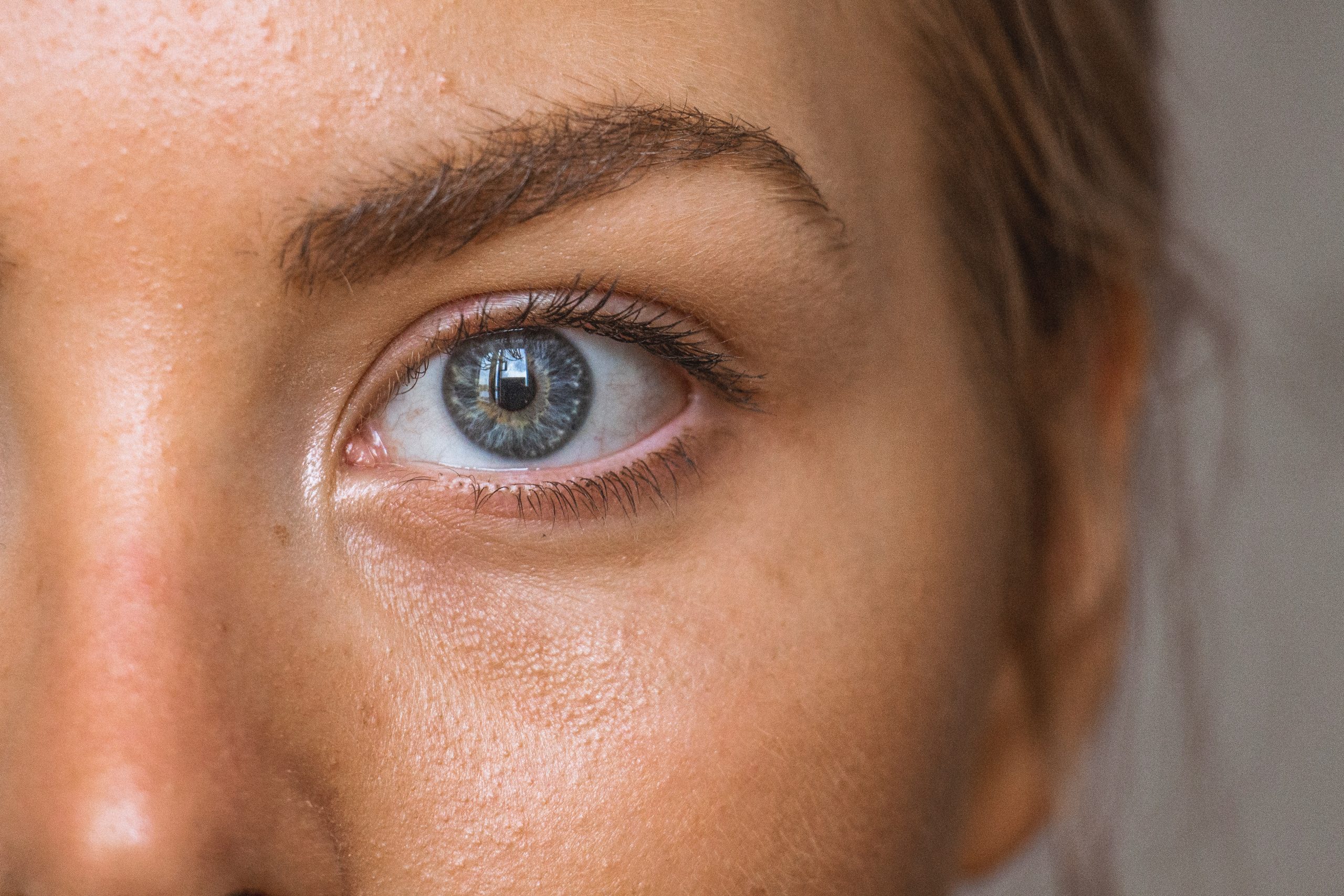You have no items in your shopping cart.
Vitamin C is a familiar vitamin we know in the world of supplements, ingestible beauty and skincare. As children, it’s often the first supplement we are introduced to. Fondly remembered as an orange chewable dished out by Mum each morning in her attempts to boost our immune system and ward away winter colds.
This blog explores why Vitamin C is an essential vitamin for everyday health. We cover what Vitamin C actually does for your body and why it is essential for your inner body and outer skin health.
Safe to say, Vitamin C is an absolute multitasking superstar so, let’s get started!
What is Vitamin C?
Vitamin C (AKA ascorbic acid) is a water-soluble antioxidant naturally found in food. Our bodies cannot synthesize Vitamin C therefore, we rely on it through our diet and then store it in our bodies for later use.
Vitamin C is an essential vitamin
As an antioxidant, it has the job of protecting our body from free-radical damage (due to environmental factors like sun exposure, pollutants and our diet). It is also a team player, and regenerates existing antioxidants in the body like Vitamin E!
 What are the skin benefits of Vitamin C?
What are the skin benefits of Vitamin C?
Vitamin C is required to synthesize collagen. Collagen is the most abundant protein in our body and is an essential component of our skin, hair, bones, muscles, tendons and ligaments. It provides the scaffolding for strength and structure. In our skin, collagen is what gives it strength, bounce and the ability to repair itself. Naturally, as we age, collagen levels decline. This leads to the signs of ageing we know all too well – dull appearance, sagging and lines.
You may recall the stories about sailors in the 18th Century. They would often die at sea with bleeding gums and wounds that wouldn’t heal. It would take only a month of little to no Vitamin C for these effects to begin. The saviour? Taking lemons and other citrus fruit with them on the voyage. Vitamin C deficiency causes serious health issues such as scurvy – characterised by skin fragility, bleeding gums, impaired wound healing and corkscrew hair.
Our skin has naturally high levels of Vitamin C. It accumulates here more than anywhere else in the body. However, it has been shown that excessive exposure to UV rays or an inadequate diet can deplete these stores.
Pro Tip: It is worth noting skin UV damage is the top cause for skin ageing. This is where wearing sunscreen every day, every season (especially here in New Zealand, where our sun is particularly harsh) is key to keeping your skin healthy and youthful.
Restoring skin Vitamin C stores can be done in two ways:
- Topical application
- Ingesting Vitamin C through diet or supplementation
While topical application can be useful, it depends on the formulation of the cream or serum itself and as a result, may have limited skin penetration. As Vitamin C is a charged, water-soluble compound it is naturally repelled by the skin. Therefore, topical formulas require a delivery system (e.g. encapsulation by a liposhepheric form) to help penetrate skin layers. Also, Vitamin C readily degrades, so topical applications have to take this into account with stabilisers.
On the other hand, Vitamin C that is ingested is passed through the bloodstream and to the surrounding skin by surrounding blood vessels. So, there is a strong leaning towards the preference of ingesting Vitamin C to restore below-par stores in the body.
Pro Tip: It has been suggested smokers may require an additional 35 mg of Vitamin C per day, as smoking has been shown to have a decreased store of vitamin C compared to that of non-smokers.
 What are the inner body benefits of Vitamin C?
What are the inner body benefits of Vitamin C?
Like we mentioned earlier, Vitamin C is a potent antioxidant that can help protect the body from harmful free-radicals.
Vitamin C has two ways in which it protects the body from free-radical damage:
- Neutralising and disposing of free radicals itself
- Regenerating antioxidants (such as Vitamin E) so they can continue their antioxidative protections
Free radicals cause oxidative stress to cells and occur due to normal courses of nature, exposure to UV rays, pollutants and components of our diet. If they are not neutralised they can cause cellular damage which leads to issues such as skin damage and ageing or even unresolved cellular mutations that can lead to cancer.
Pro Tip: Love your bacon and other preserved nitrate-heavy foods? Pair it with Vitamin C! Vitamin C helps to block the conversion of nitrites to nitrosamines (a known carcinogen).
Struggling with low iron levels? Vitamin C facilitates the absorption of iron. This means you can extract more iron from the food you eat than you would otherwise. Tea on the other hand, decreases the absorption of iron – so it is recommended if you struggle with maintaining adequate iron levels, you don’t drink tea with your meals.
Vitamin C is renowned for its immune-boosting abilities.
Deficiencies of Vitamin C are linked to poor immune response and higher susceptibility to infections. Basically, if you’re low in Vitamin C you’re more likely to catch a cold or flu with less ability to fight it!
Vitamin C also accumulates in immune cells, helping improve their ability to fight off pathogens and differentiate into specialised immune cells. It also promotes adequate cellular clearing at sites of damage and repair – to avoid the build-up of cells that can lead to skin issues like necrosis.
Like a lot of us, Vitamin C is a hard-working multitasker. It covers a lot of ground both internally and externally – helping our body be in fit, fighting shape while also keeping our skin, joints and muscles healthy, strong and youthful.
Pro You Protein Blends contains over double of your RDI (Recommended Dietary Intake) for Vitamin C – a whopping 100mg to keep your skin and body healthy, youthful and happy.
References:
Pullar, J. M., Carr, A. C., & Vissers, M. (2017). The Roles of Vitamin C in Skin Health. Nutrients, 9(8), 866. https://doi.org/10.3390/nu9080866
Institute of Medicine. 2000. Dietary Reference Intakes for Vitamin C, Vitamin E, Selenium, and Carotenoids. Washington, DC: The National Academies Press. https://doi.org/10.17226/9810.
Carr, A. C., & Maggini, S. (2017). Vitamin C and Immune Function. Nutrients, 9(11), 1211. https://doi.org/10.3390/nu9111211











← Older Post Newer Post →